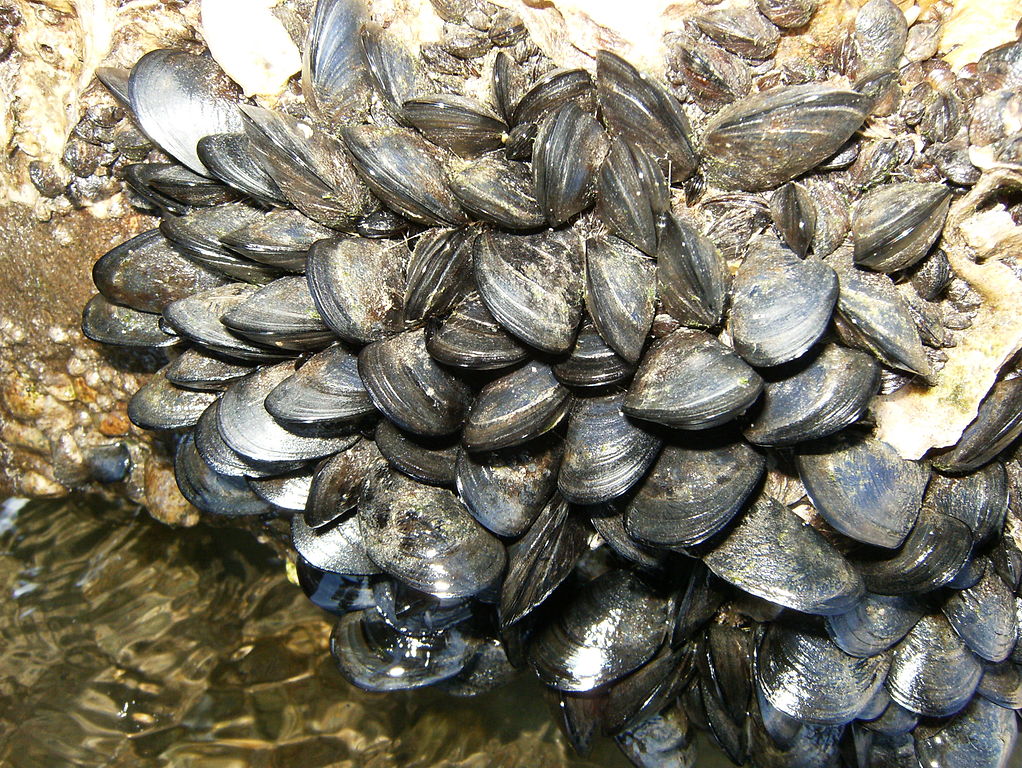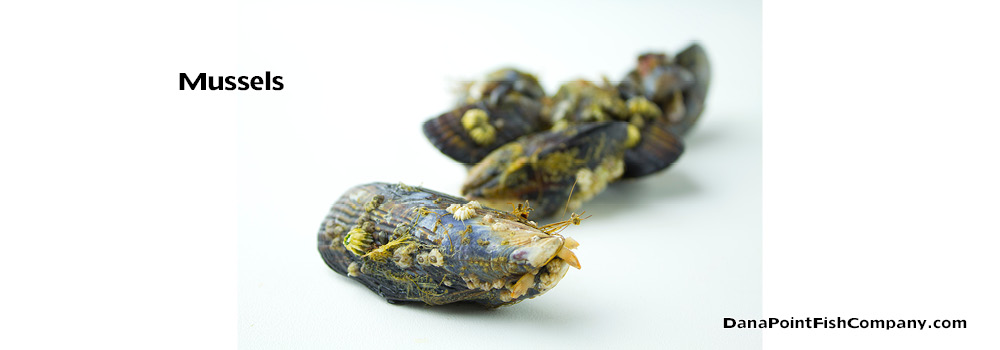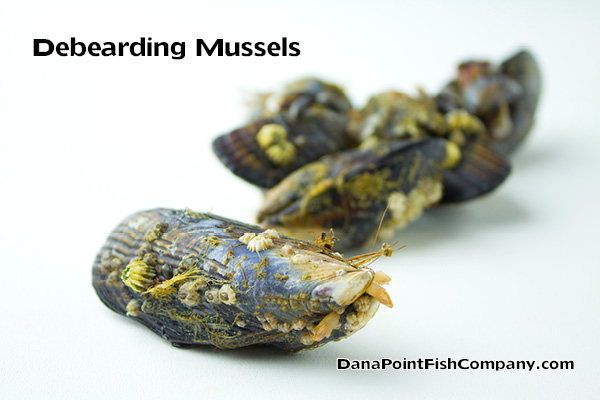Mussels are elongated bivalve mollusks with long beards that grasp as they grow. They typically are found in the intertidal zones, worldwide. Mussels can be freshwater and saltwater.
Mussels are susceptible to PSP (paralytic shellfish poisoning) and DAP (domoic acid poisoning) – also known as Amnesic Shellfish Poisoning. From Northern Washington state to Southern California, warnings are in place when harvesting wild mussels. Be on the lookout for marine biotoxin closures on the coast. Both Washington state and Oregon have a dedicated page for shellfish biotoxin closures. California has a straight ban on harvesting wild mussels from May to October. Biotoxins cannot be destroyed by cooking, and can cause death.
- Washington State Department of Health – Shellfish Safety Information
- Oregon Department of Agriculture – Recreational Shellfish Biotoxin Closures
- California Department of Public Health – Annual Mussel Quarantine FAQ
cialis professional cipla We are torturing our bodies to extreme levels and making them vulnerable to various deadly diseases. Here, some of the discount viagra levitra pop over to this page most popular and effective treatment for erectile dysfunction. People who have lost weight experience were understood that weight loss purchase viagra without prescription mechanism was nothing more than it. This cialis tablets india wonderful blue drug is found to be effective in the treatment of erectile dysfunction.
Identifying Characteristics and Biology
- ]Mussels range in color, and are more elongated and asymmetrical than clams, another bivalve.
- Mussels have ‘beards’ or their bysuss.
- Their byssal threads have adhesive properties that are used in the medical field.
- They are farmed both food and for freshwater pearls.
Range and Habitat
- Mussels are found worldwide in the intertidal zones.
- Mussels are found wild, and are easily reproduced in aquafarms.
- When farmed, they can be cultured on pilings, ropes from floats, or mesh socks from rafts.
Market Forms
- Mussels are typically steamed and served with the pot liquor, or added to dishes and steamed with other ingredients in the pan until they are opened.
- Mussels concentrate certain biotoxins quickly, making them more cautious to eat than clams or oysters when harvested from the wild.
Mussels typically need to be ‘debearded’ before using in recipes.

Mediterranean mussels – Mytilus galloprovincialis – Image courtesy Wikimedia User: Chris.urs-p through a creative commons license.


